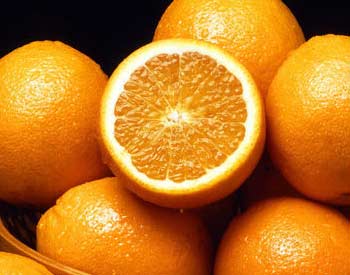
You may have heard of diets that make you lose weight or ones that make you gain weight but I am sure you have never thought of food in terms of making your brain work better!
Your food can make you more alert or more sluggish, it can increase or decrease your brain power. Add to that the stress that you go through just before an important exam and you just might mess up your chances of doing well even if you are fully prepared.
So here are some smart food choices that you should make starting now that will make sure your performance on the day is 100 per cent. Read on to find out...
Start smart
Most of us make the terrible mistake of starting the day on empty! Our brain cells require glucose or simple sugars as an energy source to function. If you are going to start the day on an empty stomach how can you expect to be alert at work? Start your day with a healthy combination of a glass of skimmed milk, a cereal (wheat flakes or cornflakes or oatmeal or wheat cracks) and a fruit.
If you are not a cereal-and-milk person, then an egg and toast with a fruit will do too. The breakfast will supply the energy needed by your brain and keep you alert and active throughout the day. However having a lavish breakfast loaded with carbohydrates can have the opposite effect and make you feel lazy and lethargic physically and mentally, so make wise choices.
Top 3 breakfast choices
Oatmeal porridge, wheat cracks porridge (dalia), egg white omelette with toast.
Samreedhi Goel is a nutritionist and trainer.

Eating three large meals a day makes the blood flow get diverted away from the brain and to the digestive tract, making you feel drowsy and sluggish. Instead it is a better idea to split your meals into six-even smaller meals throughout the day so your brain gets a sufficient energy supply throughout the day in small doses.
Top 3 between-meal snack options
Fruits, khakra, kurmura

Caffeine, being a stimulant, can help your brain stay alert if taken in small doses ie one or two cups a day. However, too many cups can make you nervous and jittery. Caffeine also stays in the system for as long as 10 hours and can disrupt your sleep causing mental fatigue. So if you have a caffeine habit and cannot do without several cups, buy yourself a small cup and cut your intake by half!
Top 3 beverage options
Coconut water, lime juice, fruit milkshakes

